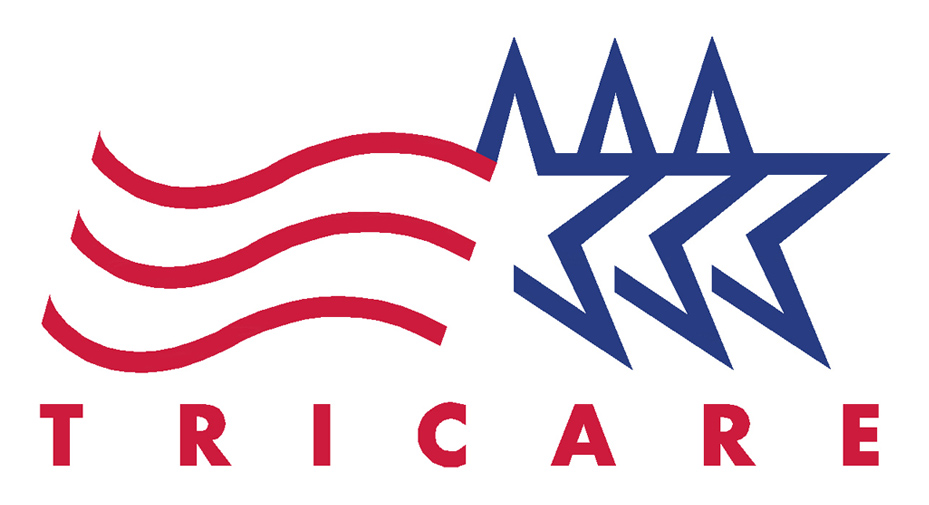As the wife of an active duty service member, I really hate to complain about the military healthcare system. There are a lot of benefits to being covered under Tricare, the military’s healthcare plan. But in the five years that I have been an Army wife I have observed and experienced some of the limitations and nuisances of relying on the military’s healthcare plan. So without further adieu, here is The Good, The Bad, and The Ugly of my military healthcare experience.
The Good: I am enrolled in Tricare Prime, a managed-care option similar to a civilian HMO. Prime enrollees like me receive most of our healthcare at a military treatment facility and our care is coordinated by a primary care manager (PCM). We pay no enrollment fees and no out-of-pocket costs of any type of care as long as the care is received from our PCM or by referral. This means no co-pay for office visits and all of my family’s prescriptions are absolutely free as long as they are filled at a military pharmacy. Occasionally I have had prescriptions filled at a civilian pharmacy and have only paid a very low co-pay of about $3. Trust me; I know how grateful I am to be able to benefit from this aspect of the system.
The Bad: Military care is not always the most convenient option. In fact, it’s usually incredibly inconvenient. At our last duty station, for example, I was assigned a PCM at the family clinic on the Army post my husband was assigned to, even though we lived a good 45 minutes away. A routine doctor’s visit would easily soak up half of my day.
Let’s say, for example, I had a 10 a.m. appointment. I would have to leave my house by 9 a.m. in order to arrive the required 15 minutes early. Depending on how over-booked the appointments were that day (I can’t confirm that they triple book appointments at this particular clinic but I highly suspect that is the case) I might get in to see the doctor by 10:30 a.m. After a quick exam, my PCM might order blood work, in which case I would get sent the lab and wait another half hour before actually getting blood drawn. Then I would go to the pharmacy where – no joke – there would be at least an hour wait to get my prescription. So by the time I leave the hospital it’s already noon and I’ve still got a 45-minute drive home.
Another pet peeve of mine while assigned to that particular military treatment facility is that my care was never very good because my assigned PCM changed about every other month so I never actually saw the same doctor more than once. It’s kind of hard to build up a healthy doctor-patient relationship in that situation and the inconsistency often results in things slipping through the cracks.
The Ugly: During the last month of being assigned to a PCM at that particular facility I experienced the very worst care possible. It started when I came down with pneumonia in the middle of August. I was sick for two weeks before finally being diagnosed with pneumonia by a doctor at a nearby civilian urgent care clinic. After being treated with antibiotics it took me almost a month to get in for a follow up appointment with my PCM on post.
So what happened when I finally got in for an appointment? I sat in the waiting room for an hour and 45 minutes before seeing my new (and soon to be old) PCM. She ordered blood work, a chest X-ray, and refilled a prescription for me. But by then I didn’t have time to sit through all that so I sent my husband back in for my prescription the next day and skipped the rest. I know, I’m a bad patient for doing this. I just figured I will never see that doctor again so why not wait until I get established with my new PCM at a new military treatment facility (we just moved to a new base in a different state) and get all of that taken care of then?
Around the same time that I had pneumonia, a friend of mine took her baby to the emergency room at the same military hospital because the baby was coughing up blood. They waited nine hours to be seen only to receive an appointment for the next day at the pediatric clinic. During that appointment the doctor suggested that the blood might have only been red food dye (it wasn't - it was blood) and referred the baby to a civilian specialist off post.
Again, it’s hard to complain about free healthcare when so many Americans are living without any healthcare coverage at all. On the other hand, proponents of government-run healthcare might consider this an eyeopener to what government-run healthcare is really like.

